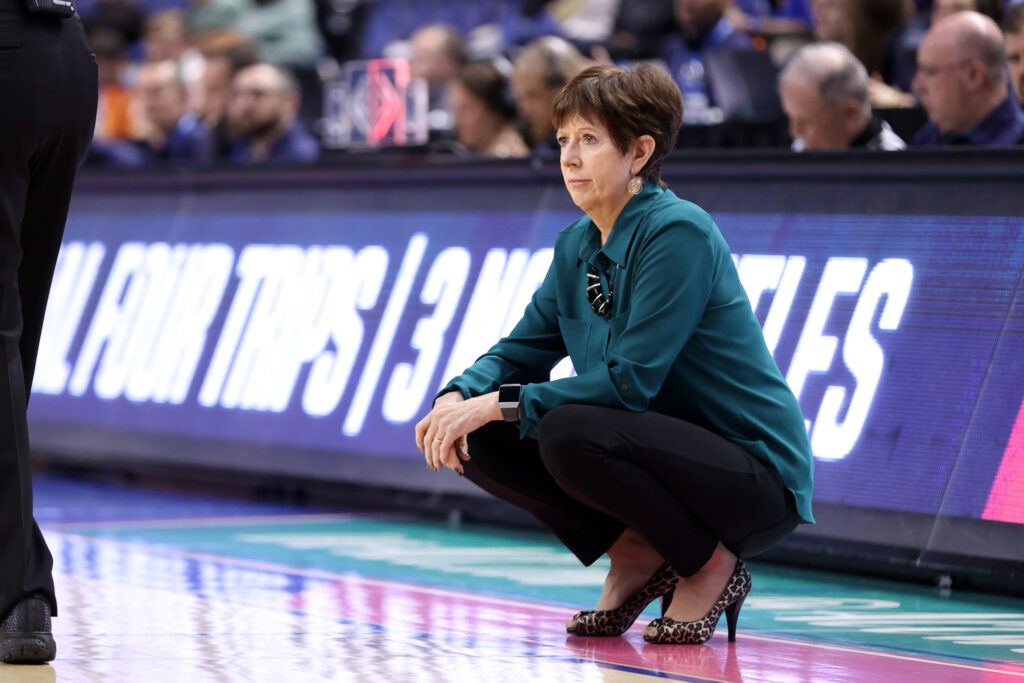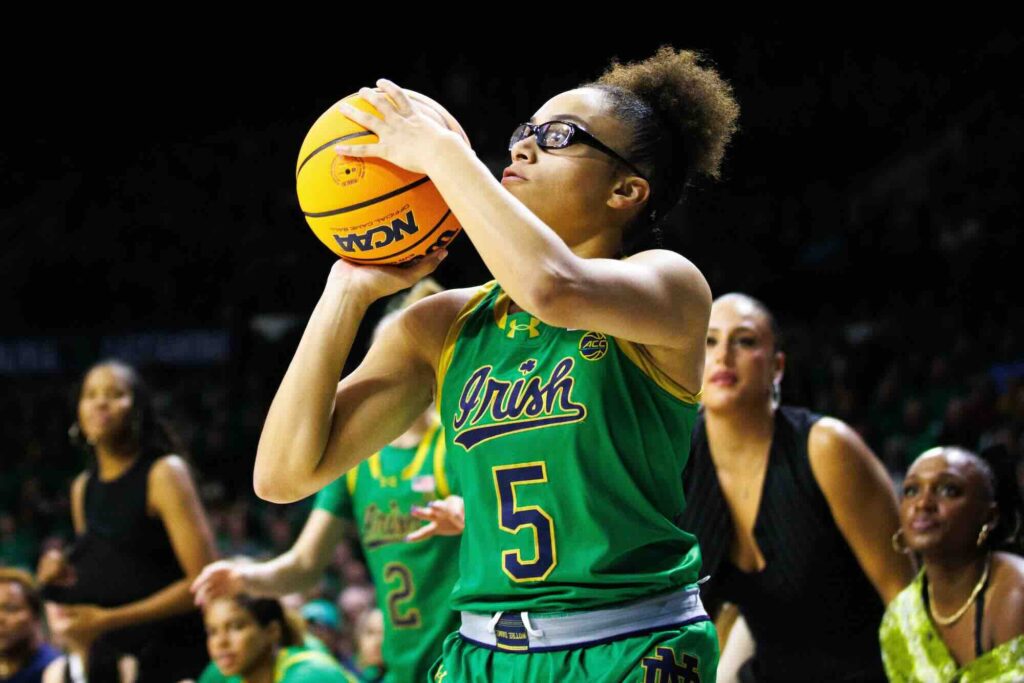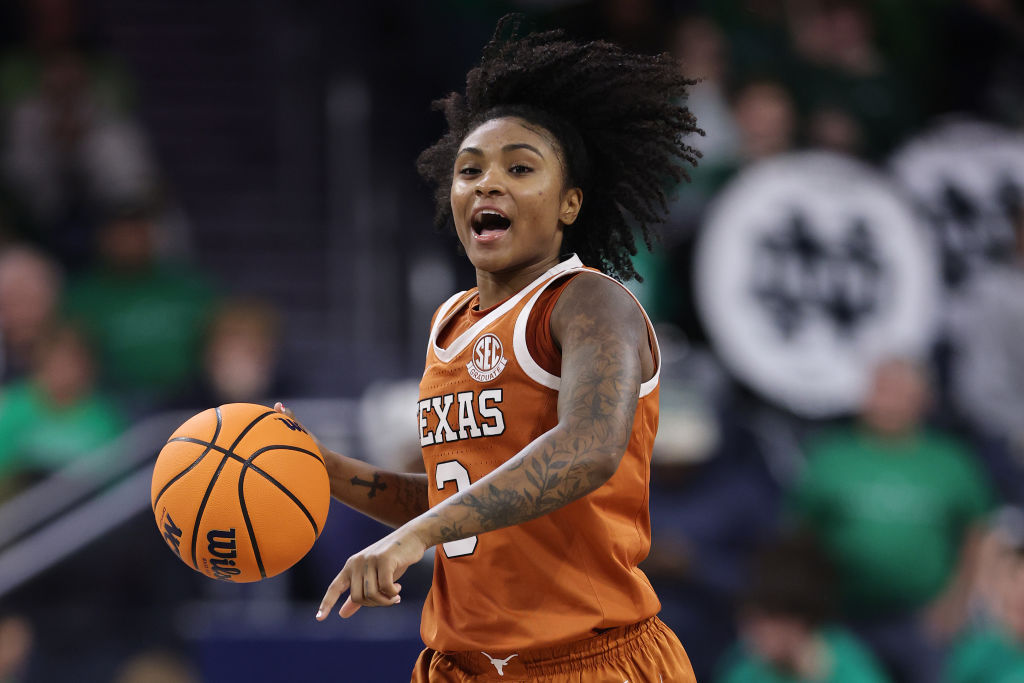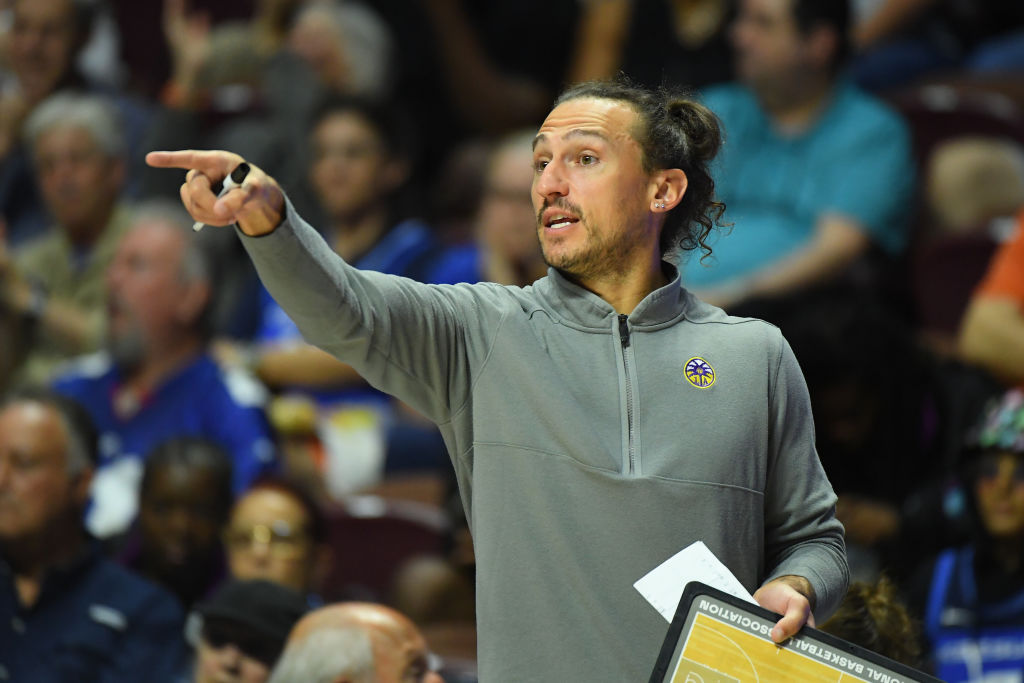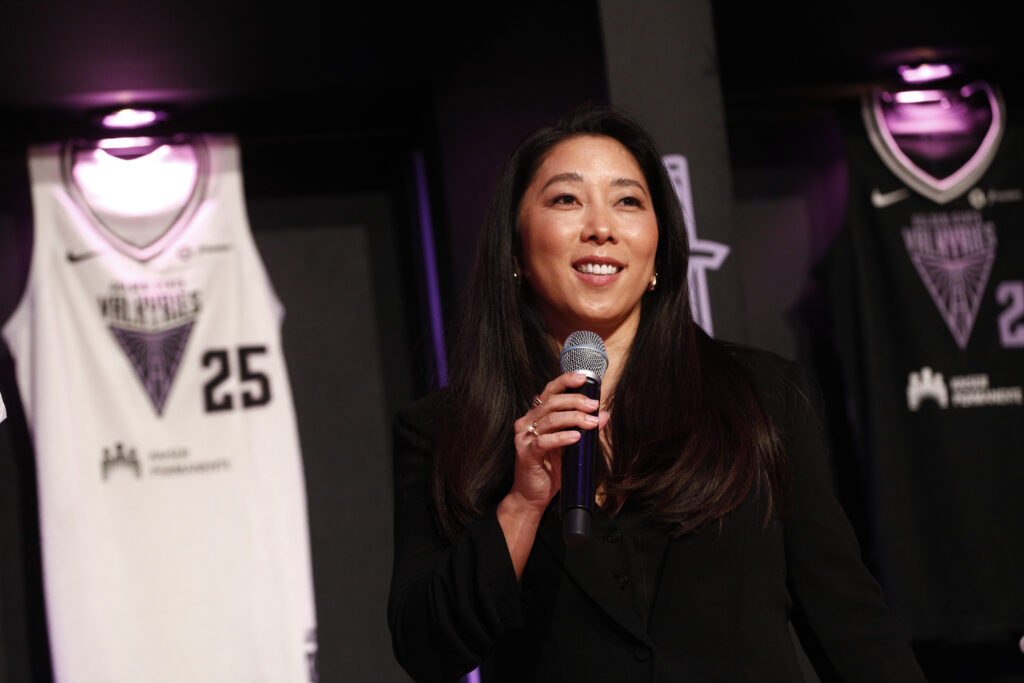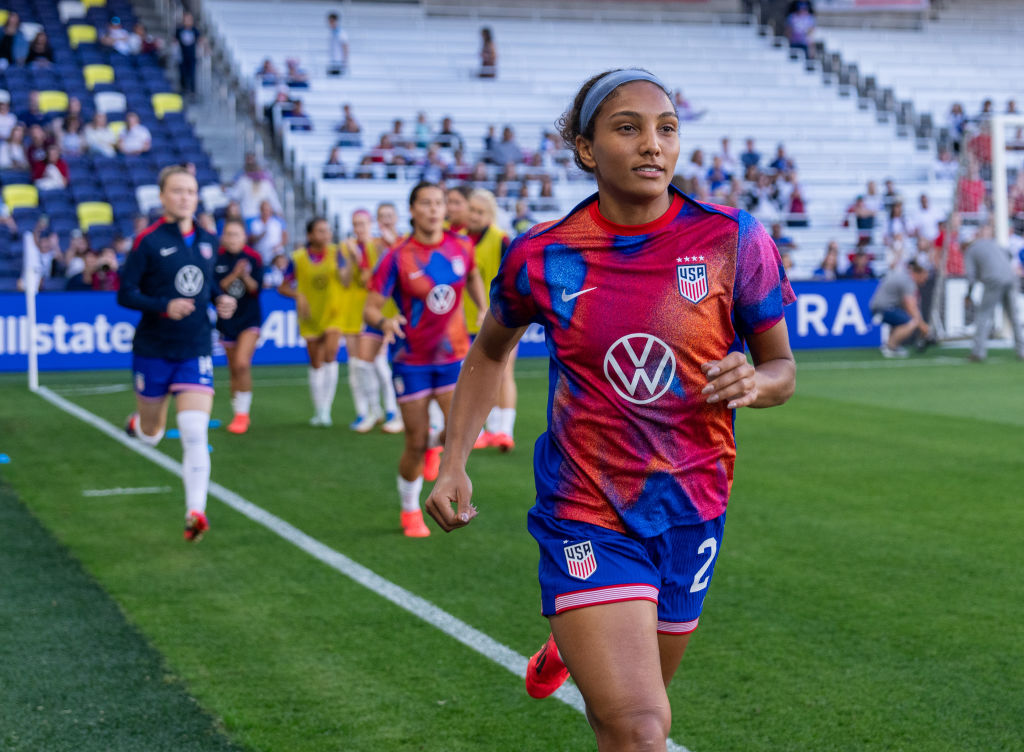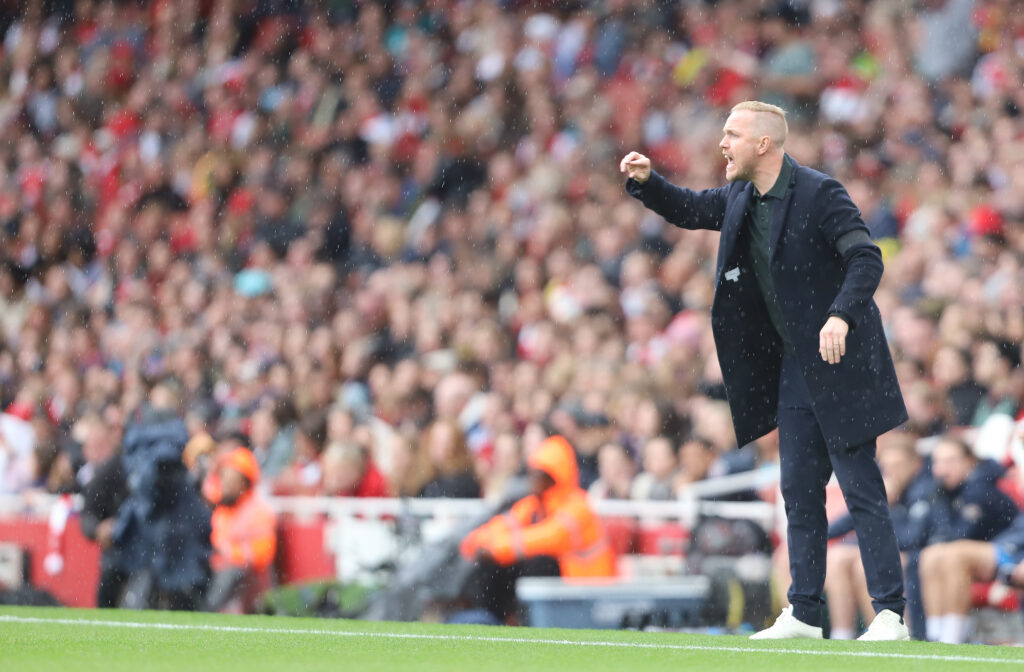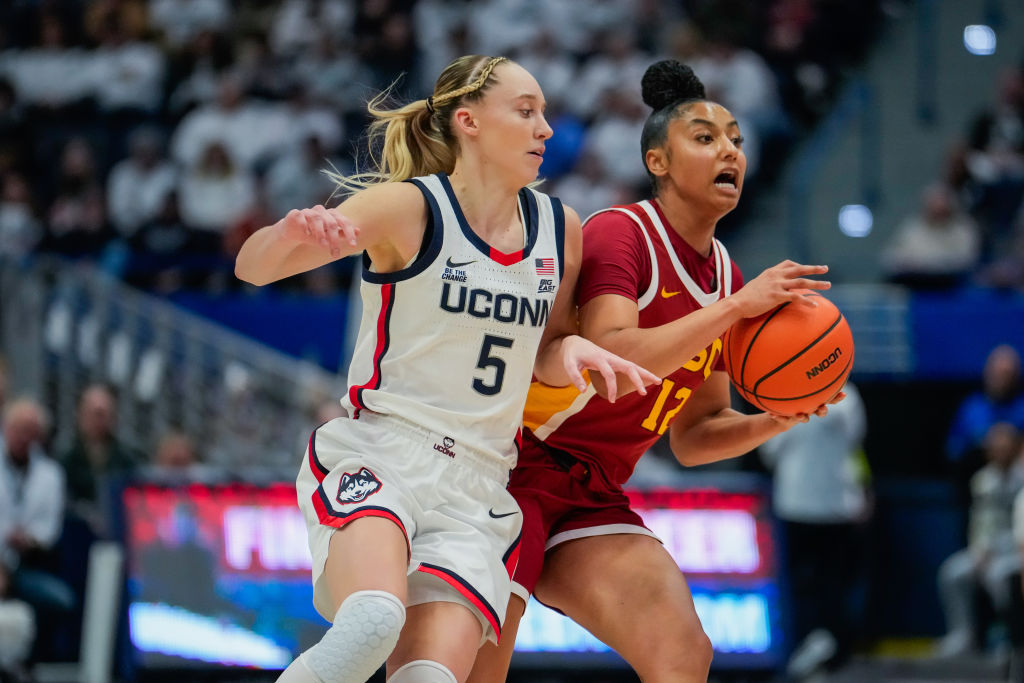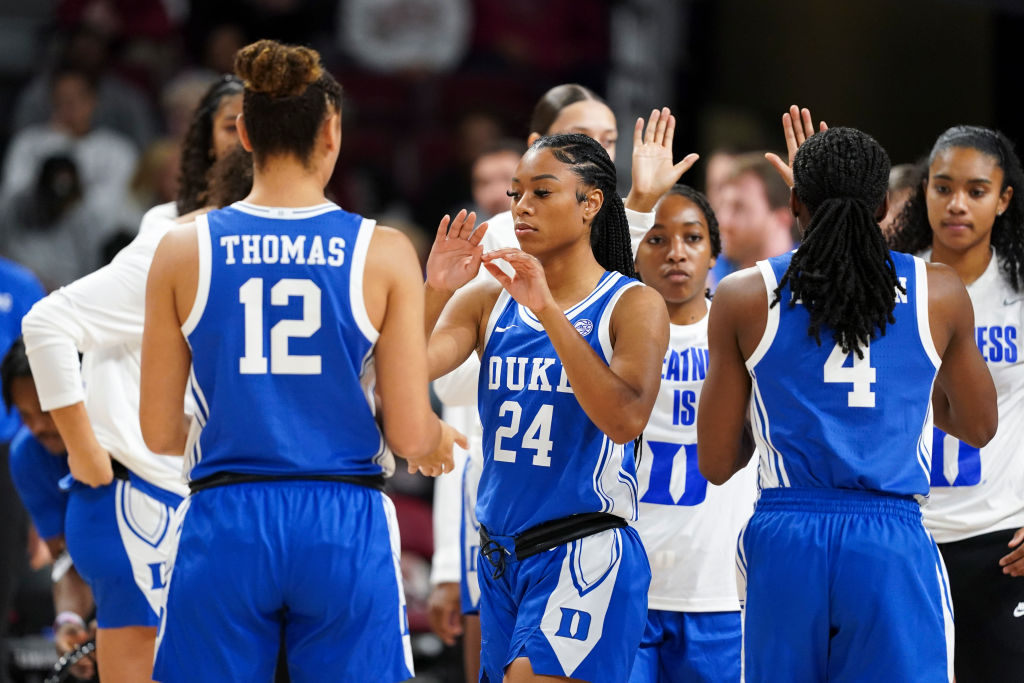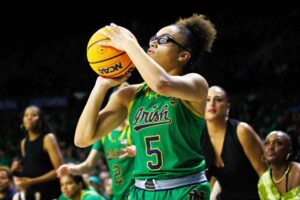Former Notre Dame basketball coach Muffet McGraw is expanding on her comments from December, when she said on the “Off the Looking Glass” podcast that ESPN and the media have a UConn bias and entered into a back-and-forth debate with UConn head coach Geno Auriemma.
McGraw didn’t back down from her original statement on the latest episode of NETLIFE, telling host Dawn Staley, “It’s not just ESPN, but I think there is a bias toward UConn. I think they promote UConn a little bit more — well, actually a lot more than they promote other teams.”
The outsized coverage UConn enjoys, according to McGraw, doesn’t represent the growing parity in women’s college basketball. Four different teams — South Carolina, Notre Dame, Baylor and Stanford — have won the last four national championships.
“The casual fan of women’s basketball only ever hears about UConn,” says McGraw, insisting that the media should cover other programs that have been dominant in recent years, including the reigning champion Stanford Cardinal.
McGraw, who’s now a women’s college basketball analyst for the ACC Network, also takes issue with the prominence of UConn athletes on the NCAA’s top players’ lists, especially freshmen. “I don’t think they make them earn it,” she says.
The expanding women’s basketball landscape, McGraw says, is thanks in large part to recruiting, with top players deciding to commit to schools outside of UConn. The media, however, according to McGraw, makes recruiting an uphill battle. “I think if there was more parity in how we present it, I think kids would go to other places,” she says.
McGraw also addresses Auriemma’s influence on Team USA, a topic about which WNBA star Candace Parker has also been vocal.
“I think Geno has a lot of say, and this year I was so excited that we had two players because I didn’t think Skylar Diggins would ever make the Olympic team,” says McGraw, adding that things have changed “a little bit” since Staley, and now Cheryl Reeve, have taken over as Team USA coach.
“There was a definite bias,” McGraw says of Auriemma’s tenure at Team USA. “There was an itinerary for the UConn players and there was an itinerary for the other players, and they were treated differently if they did make the team.”
Overall, McGraw says it is essential for female coaches to speak out and ask for more, including in the coverage of the sport.
Staley agrees with McGraw’s sentiments, reflecting on her conversation with the two-time NCAA championship-winning coach in the opening segment of the episode.
“I think the Muffet-Geno beef was given the time and space that was needed for discussion,” Staley says. “They are people who have been in our game for a very long time. They were competitors, so they know. They have history in our game.”
Staley has seen the perceived media bias play out firsthand in her role as head coach of South Carolina, with some of her players and teams not getting the attention she believes they deserved, including Gamecocks junior forward Aliyah Boston.
“The Twitter handles, the social media handles of ESPN, they decide who they want to put in the forefront and, most times, probably 90 percent, 99 percent of the time, it’s UConn because of their greatness,” Staley says. “But I would say there is room for that area to grow.”
While Staley acknowledges the success of Auriemma’s 11 national championships at UConn, she also believes there is room for new college programs to step into the spotlight.
Listen to the full conversation between Staley and McGraw on media bias and the state of women’s basketball on NETLIFE.
